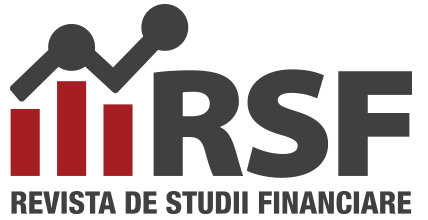Author: Marian Socoliuc
Vol. 8 • Special Issue • December 2023
Abstract
The tax optimisation dome involves the use of legal methods and strategies, which result from the use of tax deductions, tax exemptions and deferrals or tax planning, all of which can be used to reduce the taxes paid by companies and thereby achieve higher financial ratios. In this context, the aim of our research is to test the level of understanding and awareness of the term tax optimization, the accounting and tax legislation associated with the term tax optimization, and to identify tax optimization proposals by accountants in Suceava County. Subsequent to the proposed purpose, two research objectives were set, which aim, on the one hand, to assess the level of knowledge, perception, experience of the respondents, as well as to identify common trends related to tax optimization, and on the other hand, to assess the knowledge and perceptions of the participants in relation to the regulations and policies applicable in the field of tax optimization, to identify the level of compliance or concern of accountants in applying these regulations, with a focus on identifying the existence of differences in their perception of tax optimization. In order to achieve the set goal and related objectives, qualitative research was used, based on the structured questionnaire technique administered electronically to accountants. The results obtained show a wide acceptance of tax optimisation techniques and strategies among accountants, mainly due to their positive impact on business sustainability. The paper may be useful to the government, tax regulators and auditors, who can base their future tax policies and strategies on the findings of this research, as well as to the academic community, who can use them to guide future research.
Keywords: tax optimisation, accountants’ perception, tax predictability, business sustainability
JEL Classification:M41
DOI: 10.55654/JFS.2023.SP.21
